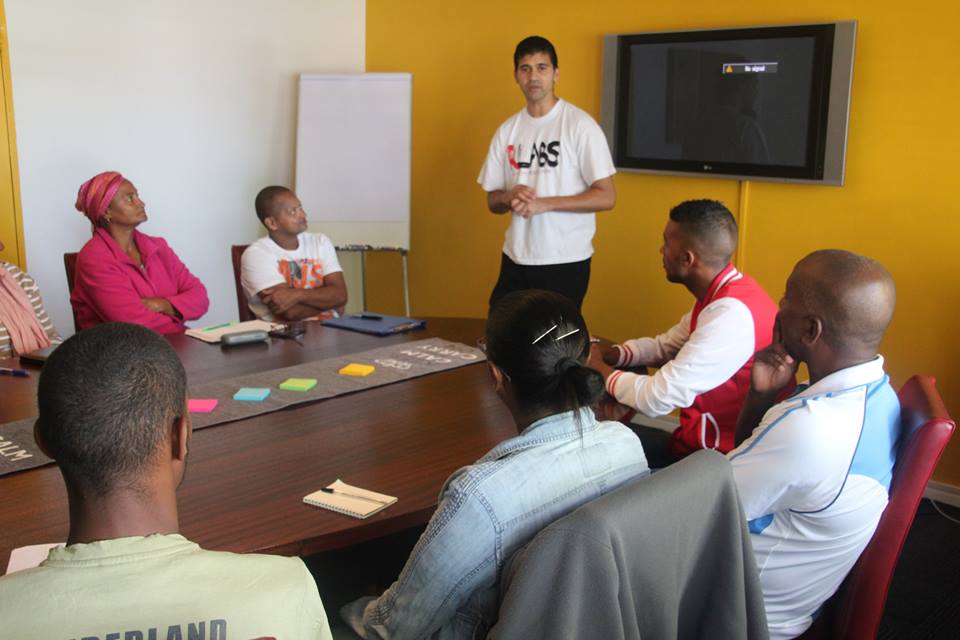BBC Connected Studio and BBC World Service will in April hold a development studio in conjunction with RLabs in Cape Town, South Africa, in order to generate ideas and explore technologies for new ways of BBC audio content reaching African audiences.
The Cape Town initiative follows a successful initiation of the project in Nairobi, Kenya, last month, where two teams were picked to have their solutions for helping the BBC World Service connect with digital audiences piloted. The development studios are based around social platforms, specifically the use of chat apps.
BBC Connected Studio will hold the event, which is hosted in conjunction with RLabs, on April 23, with local companies and those from further afield invited to take part. A briefing event will be held on April 20, where the team will expand on what it is looking for and give short tech talks regarding the platforms and APIs available to use. The closing date for registration is April 21.
“BBC World Service together with BBC’s innovation arm, Connected Studio, are trying to learn more about various ways people across the world consume digital content on their mobile phones,” Dmitry Shishkin, BBC World Service digital development editor, told Disrupt Africa.
“Reaching out to the local tech scene in Cape Town is a great way to collaborate because it provides us with valuable insights from within a market we are trying to grow in. At the recent, very successful, hackathon event in Nairobi, we worked to solve audience engagement problems on the intersection of mobile and social spheres. We also hope that the Cape Town development studio with RLabs, dedicated to the way communities are built around audio and mobiles, will lead to more innovative product solutions.”
Marlon Parker, founder of RLabs, told Disrupt Africa the incubator was excited to be co-hosting as it believed radio and digital audio content can play a big role in transforming communities across Africa.
“The opportunity to work with the world-class BBC team will not only allow us to learn from their wealth of experience but also gives an opportunity for those in design, technology, web and mobile development, media and other enthusiasts to drive a new era of innovation for radio and audio in the digital and data age,” he said.
“We hope that through this Design Studio that we’ll see new ideas and innovations that will enable more youth on the continent to engage and access content that will be of benefit to them.”
The winners of the recent Nairobi hackathon were Go-Sheng, which uses local language translation technology, and instant messaging solution Ongair. The two were picked by the judges from the 13 teams that took part, based on a combination of factors such as distinctiveness, audience impact, accessibility innovation and feasibility, and will now have their solutions piloted.
Shiskin told Disrupt Africa at the time the organisation believed there is a growing demand for the BBC’s journalistic values of trust, lack of bias and impartiality.
“There’s growing fragmentation of news sources, increased political pressure in some parts of the world, ambitious plans by some state-backed broadcasters,” he said.
“The BBC appreciates all that but more importantly we recognise the changing nature of news consumption, audience needs are becoming different. We need to be on the front foot of those changes to stay relevant and reach audiences on platforms that, perhaps, never even existed a few years ago. In areas where our radio audiences have decreased we need to recognise where audiences are consuming content on digital and TV platforms.”


